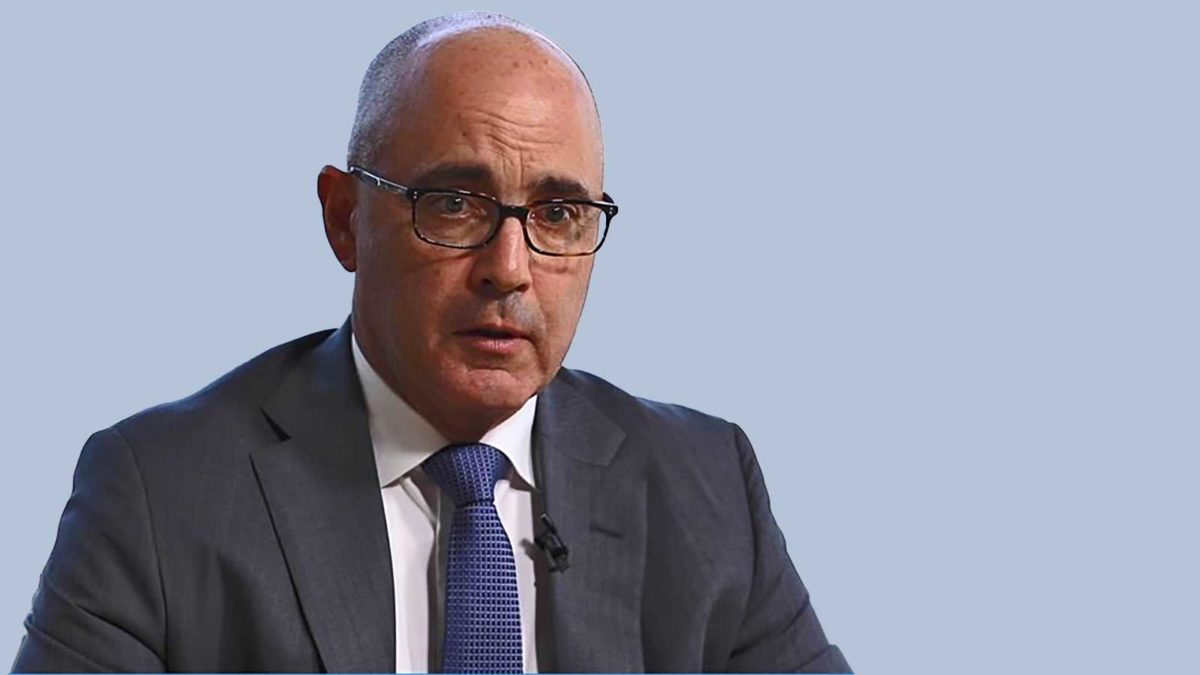Fund returns and the tyranny of expectations
The problem with high expectations is that you have to keep meeting them. And after a year where some funds returned 20 per cent, investors and super members are expecting more, more, more.
Investors are relentlessly cheerful creatures. According to Schroders’ latest Global Investor Study, Australian investors (defined here as those expecting to invest the equivalent of €10,000 in the next year) anticipate that they’ll make an average annual total return of 10.6 per cent; roughly in line with what they’ve been making lately, but an unrealistic expectation in the face of current market conditions, where returns are expected to be more muted.
This obviously presents a communications problem for those institutions, such as superannuation funds, that have been crowing about (admittedly impressive) 20 per cent returns. Indeed, expected returns have actually increased from 8.9 per cent since the last time Schroders conducted its study, speaking to the vast optimism that the rally from the depths of the Covid-19 market crash has created.
“I think we need to make sure the message is getting out there that what we’ve seen in returns over the last five years – notwithstanding the disruptions of Covid – are unlikely to be delivered consistently going forward,” said Simon Doyle, Schroders Australia head of fixed income and multi-asset.
“There’s been a lot of publicity about returns from super funds, and the flipside of that is the calling out of underperformers… If we go into an environment where returns overall become harder to come by, and they will, and absolute returns moderate, I think there’ll be a lot more scrutiny, and given where expectations are, I think there’s potential for quite a bit of disappointment from investors as to how the world plays out.”
That disappointment, such as it is, will result mainly from the unwinding of fiscal and monetary stimulus and the slowing of economic growth. For the last several months, central banks have been spending a lot more time reminding markets that the party’s got to end eventually.
“We’ve had a couple of events recently that have caused investors to think a little bit about where markets might go from here,” Doyle said. “Obviously the issues with the Chinese property market and Evergrande and contagion, which is really a reflection of the potential problem of leverage, which we know is very present across a lot of asset classes.”
“But also in terms of the tapering of monetary policy. As central banks – particularly the Fed, but also in Australia – start to remind the market that there may well be a need to, in the first instance, reduce the stimulus that’s been applied to support asset prices… and then, as the recovery endures and we do start to see inflation and so on, we might get a move towards a more normal interest rate environment.”
Of course, there are always ports in the storm. A number of large institutional investors, including the Future Fund and AustralianSuper, have been more actively considering the role that unlisted assets – and private equity particularly – will play in outperformance going forward.
“Regardless of where investors’ expectations are for the next five years, what has been proven over the last 20 years is that you can earn an illiquidity premium in private markets,” said Claire Smith, Schroders Australia alternatives director. “There’s no such thing as a free lunch in finance, so you don’t get that for no trade-off, but what you’re trading off in private equity is a bit of liquidity.”
“Some people are thinking “maybe a little bit of illiquidity in my portfolio is a good trade-off to earn those extra returns”. This sort of comment has also been shared by (Future Fund chairman) Peter Costello; he’s predicted we’ll be facing tough markets in the years ahead, and they’re increasing their allocation to private equity in order to help them hit their return targets.”











